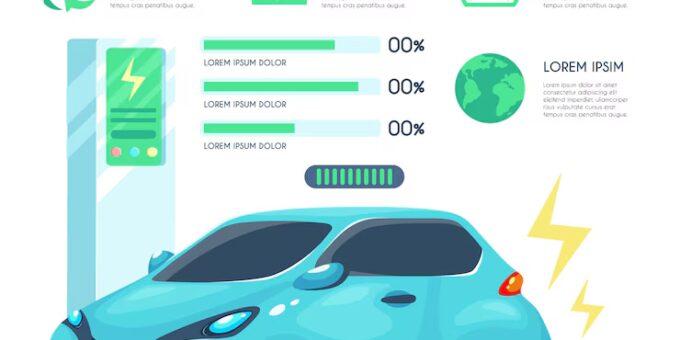
Introduction
With the rising urgency of climate change, fluctuating fuel prices, and a global push toward sustainability, many car buyers are now faced with a pivotal question: electric vs. hybrid cars— which one is right for you? Whether you’re making your first eco-conscious vehicle purchase or upgrading from an older model, understanding the core differences between these two types of vehicles is crucial. As 2025 approaches, innovation in automotive technology is blurring the lines between electric and hybrid vehicles, making this decision more nuanced than ever.
What Are Electric Cars (EVs)?
Electric cars, also known as BEVs (Battery Electric Vehicles), run solely on electricity. There’s no internal combustion engine, no gasoline tank, and no tailpipe. Instead, EVs are powered by a large battery pack that fuels an electric motor.
-
Zero emissions at the tailpipe
-
Charge at home or public stations
-
Quiet and smooth driving experience
-
Examples: Tesla Model 3, Nissan Leaf, Hyundai Ioniq 5
These vehicles are ideal for urban commuters and environmentally conscious drivers seeking a clean energy alternative.
What Are Hybrid Cars?
Hybrid cars come in two major forms:
-
HEV (Hybrid Electric Vehicle): Combines a gasoline engine with an electric motor. The battery is charged through regenerative braking and the engine.
-
PHEV (Plug-In Hybrid Electric Vehicle): Similar to HEVs but with a larger battery that can be plugged in to charge. PHEVs can run purely on electricity for short distances.
Examples include the Toyota Prius (HEV) and Toyota RAV4 Prime (PHEV). Hybrids are a balanced solution for those who want better fuel efficiency without fully committing to electricity.
How Do Electric Cars Work?
Electric cars store energy in a lithium-ion battery that powers the electric motor. When you drive, electricity flows from the battery to the motor, which turns the wheels. Features like regenerative braking help recapture energy when slowing down, extending your range and efficiency.
How Do Hybrid Cars Work?
Hybrids use both an internal combustion engine and one or more electric motors. The car automatically decides when to use electric power, gasoline, or a combination of both, depending on speed, terrain, and battery charge. The transition is usually seamless to the driver.
Pros of Electric Cars
-
Zero Emissions: Helps reduce air pollution and carbon footprint.
-
Low Running Costs: Electricity is cheaper than gas, and there are fewer moving parts to maintain.
-
Instant Torque: Quick acceleration and responsive performance.
-
Incentives: Federal tax credits and state rebates can lower purchase costs.
Cons of Electric Cars
-
Charging Time: Even fast chargers take longer than filling a gas tank.
-
Range Anxiety: Limited driving range, though improving rapidly.
-
Infrastructure Gaps: Inconsistent availability of fast-charging stations.
-
Higher Initial Cost: Though incentives often bridge the gap.
Pros of Hybrid Cars
-
Extended Range: You can drive further without worrying about charging.
-
Familiar Refueling: Gas stations are everywhere.
-
Fuel Savings: Better MPG than traditional vehicles.
-
No Charging Needed (for HEVs): Just drive like you would a regular car.
Cons of Hybrid Cars
-
Still Use Gas: Not fully green—emissions are lower but not eliminated.
-
Complex Maintenance: Dual systems can mean higher costs if something fails.
-
Limited Electric-Only Range (PHEVs): Typically 20–50 miles per charge.
Fuel Economy Comparison
| Type | Fuel Economy |
|---|---|
| EV | 100-130 MPGe |
| PHEV | 40-80 MPG + 20–50 electric miles |
| HEV | 45-60 MPG |
| ICE | 20-30 MPG |
EVs dominate in efficiency, especially in city driving.
Maintenance Costs
Electric cars skip oil changes, spark plug replacements, and exhaust repairs. Hybrid cars need more maintenance than EVs but less than gas cars. However, both require costly battery replacements eventually—though many last over 150,000 miles.